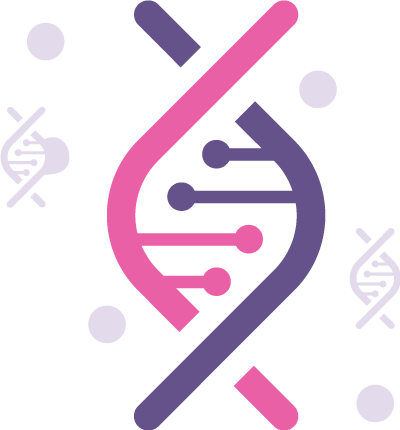Real-World Data in Clinical Research

At the moment, Randomised Controlled Trials (RCTs) are the golden standard when it comes to studying the underlying causes of disease and assessing the effectiveness of new treatments. While RCT has proven to be a highly valuable and necessary study design, it has certain limitations. RCT includes only a small sample of the patient population, resulting in a gap between RCTs and clinical practice. RCT is not the most feasible study design as it can provide answers only to a subset of research questions.

Researchers and health authorities around the world recognise the opportunity presented by the emergence of RWD. Health authorities such as European Medicines Agency and the U.S. Food and Drug Administration encourage evidence obtained by analysis of RWD, Real-World Evidence (RWE), in their drug approval processes.
Despite this important development, recent studies show that the current clinical practice is far from reaching the full potential of RWD for a better understanding of Complex Chronic Conditions (CCC) and assessing the safety and effectiveness of new treatments. The main challenges in the use of RWD concern limitations in data collection (breadth, quality, completeness, accuracy) and methodological issues in data evaluation and outcome analysis (various forms of bias).
As a result, commonly used methodologies applied to RWD can only replicate a small fraction of RCT outcomes. In the case of cancers with a high survival rate, such as breast cancer, overcoming these issues and linking clinical research with clinical practice through RWD becomes an urgent issue.
